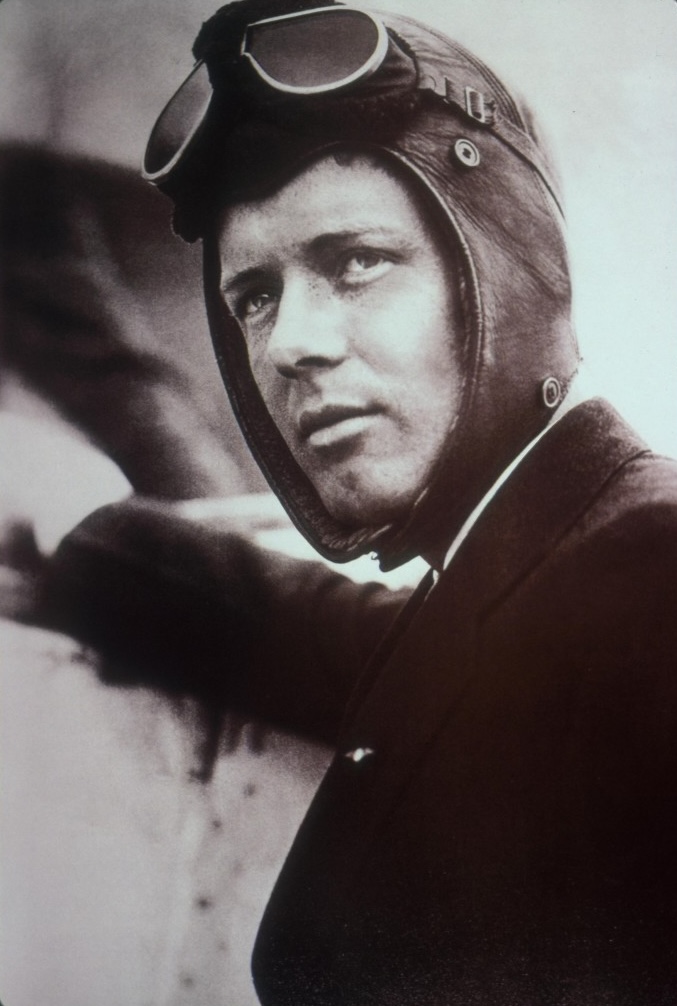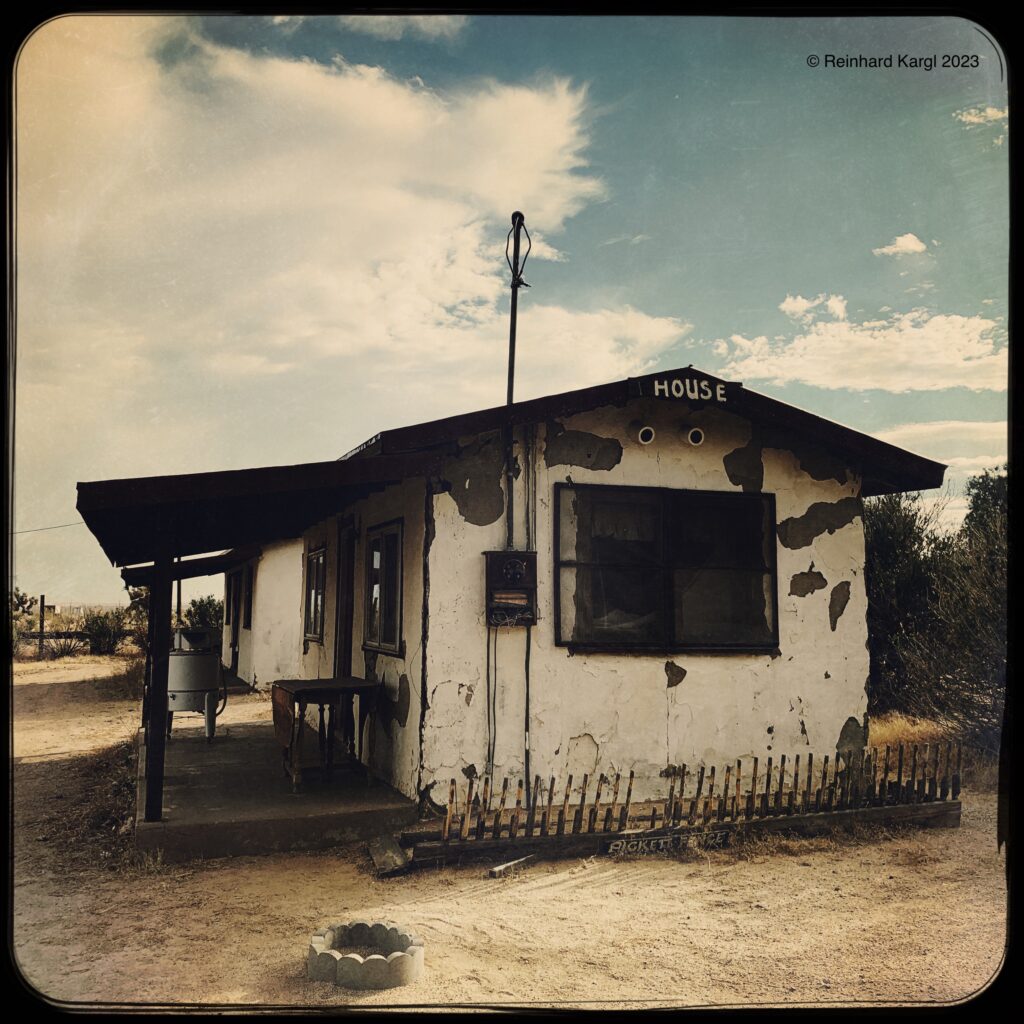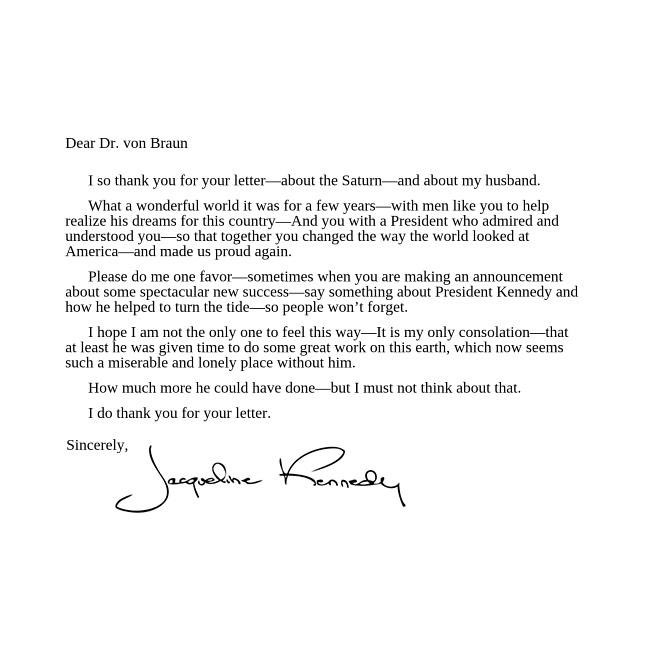
Category Archives: English
Size Comparison

R.I.P. Paul Harrell (1966–2024)
This morning I learned with great sadness that YouTube personality and firearms expert Paul Harrell died yesterday, September 3, in Oregon. He was 58 old.
Earlier, on December 20, 2023, Paul Harrell recorded a video to be released after his death. In it, he said good-bye to his audience, apologized for not being able to continue, and encouraged the public to keep following his brother and his team as they were continuing the work, with Mr. Harrell’s blessings. The video will have been watched 2.5 million times within the first 24 hours of its release.
Paul Harrell served in both the U.S. Army and U.S. Marine Corps. Having lived a mostly quiet and private life after his long military career, little is publicly known about his personal affairs after leaving the military – except for one incident in 2006.
In 2006, according to court records and newspaper reports, Mr. Harris was involved in a fatal self-defense shooting. According to Lewiston Tribune quoting the Wallowa County Sheriff’s Office on Nov. 26, 2006, “Benjamin Paul Harrell, 40, of Yakima, was charged with murder and is in the Umatilla County Jail”.
The case was investigated by the Wallowa County Sheriff’s Office, the Oregon State Major Crimes Team, Walla Walla Police Department and Walla Walla County Coroner’s Office.
According to the Wallowa County Chieftain (Nov. 29, 2006), Mr. Harrel was arraigned on charges of manslaughter, two counts of first-degree assault, menacing, and first-degree criminal mischief. Presiding over the arraignment, Wallowa County Judge Phillip Mendiguren set bail at $250,000. Mr. Harrell was later exonerated and freed by a grand jury, and the shooting was ruled to have occurred in self-defense.
Some sources say Mr. Harris worked as a dental hygienist for some time, and he himself spoke of a past, messy relationship with a woman whom he deemed mentally ill and vindictive, and from who he had separated many years ago.
But Mr. Harris found fame as a YouTube personality. His public persona was characterized by his always calm and rational demeanor, and his displays of both confidence and humility. His presentations were spiced up with dry humor and the occasional sarcastic, self-deprecating remarks. One of his famous closing lines was, “Don’t try this at home. I am what you might call a professional.”
His successful YouTube Channel was launched in 2012. (There was an earlier, little known channel which only had a handful of views). By 2023, the Paul Harrell Channel passed the 1 million follower-mark on YouTube. At the time of this writing, the channel has 1.15 million subscribers and 455 videos, some of which have been watched between two and more than four million times.
In July 2023, Mr. Harrell matter-of-factly announced that he had been diagnosed with Stage 2 pancreatic cancer. According to his videos, he was initially hopeful that the disease had been caught early enough. Although the odd of recovering from pancreatic cancer are very low, Mr. Harrell remained optimistic about continuing his work. He requested his audience not to give no medical advice in their comments, not to pity him, and not to dwell on the situation. He continued to release well produced videos, but with less frequency.
By January 2024, Paul Harrell had turned control of his channel over to his brother, Roy Harrell. In the following months, the two brothers often appeared in videos together, the last of which seems to have been recorded in or around July of 2024.
In his field, Paul Harrell was a recognized expert and a committed American patriot dedicated to the causes of American liberty, personal freedom and independence, personal responsibility, and minimal government interference.
Ever private about his personal affairs, there have been no publicly released details about Paul Harrell’s medical treatment, the circumstances of his death, funeral arrangements, and his final resting place.
Don’t Believe It When You See It
Much of the public debate about AI has focused on the often bizarre errors and biases in AI-compiled facts and figures. But there is another, perhaps more sinister danger: we are now entering a new era in which photographic evidence can no longer be trusted.
Here is an example:

Of course, the “1963 Mercedes 600 Pullman” never existed. Obvious mistakes (such as the nonsensical air vent and the missing hinge gap on the door’s lower section) make it easy to tell that this is just a rendering. And yet, most social media commenters were tricked into believing that this was a classic vehicle.
Given the rapid pace of development, obvious mistakes in AI-generated photographs will soon disappear. Soon it will be impossible to tell that a photograph or video was made up in a computer.
People have been conditioned to believe what they “see with their own eyes”. It is time to stop doing that.
Breathe!
Glory Days
Beware Of Bank Mergers And Acquisitions
When banks and brokerages eat each other, it’s always a scourge for their customers. In every instance, financial institutions promise a seamless transition, but I have never found this to be the case.
When one financial institution is acquired by another, missing payments and deposits, late fees, service outages, messed up data, lost transactions and exorbitant wait times for customer service are the norm, not the exception. Although most of these problems will be fixed (eventually), you’ll be spending your unpaid time with their overwhelmed customer service reps (mostly on hold) to get things straightened out.
Possibly even worse, the transition process involves third parties handling your most sensitive customer data. This creates the possibility for data leaks, and an opportunity for cybercriminals and corrupt operators.
Take my advice: As soon as you find out that your bank or brokerage is being acquired, look for a new bank or brokerage. Take this as an opportunity to shop around for the best conditions and services. While evaluating new financial institutions to take your business to, make sure to investigate not only their services and fees, but also their corporate political, social and ideological engagements. (A surprising number will sponsor and support causes you dislike or judge to be unworthy of your support).
Once you find what you are looking for, open a new account and transfer your funds and securities. Then, download all records, double check to make sure you have everything. Finally, shut down the old account before any of these dreadful automated transitions disrupts and violates your life.
If you want a trial period, you might even open up several new accounts, see which ones you like best, and then shut down those which suit you the least.
Be proactive, and you will save yourself a lot of aggravation and time, and possibly get a better deal.
Charles Lindbergh’s 122nd Birthday

Born on February 4, 1902, Charles Augustus Lindbergh would be 122 years old today. Although mostly remembered as an aviator and U.S. military officer, he had a wide range of interests besides aviation – among them politics and international relations.
A prominent member and spokesman of the America First Committee, Lindbergh was strongly opposed to President Franklin Roosevelt’s foreign policy.
(Photo: Charles Lindbergh as a 25-year old, in 1927 – the year of his historical flight from New York to Paris).
Like many of his contemporaries, Lindbergh believed that Soviet communism was by far the greatest threat to America, and thus advocated a neutral stance toward the NSDAP’s rise in Germany.
This was indeed a very popular opinion among the American public at the time, and easily the majority. The way America had been drawn into World War 1 just a little more than two decades earlier played a major role in this.
Lindbergh later wrote:
“I was deeply concerned that the potentially gigantic power of America, guided by uninformed and impractical idealism, might crusade into Europe to destroy Hitler without realizing that Hitler’s destruction would lay Europe open to the rape, loot and barbarism of Soviet Russia’s forces, causing possibly the fatal wounding of Western civilization.“
Lindbergh died on August 26, 1974. During his life, he had witnessed both world wars (fighting for the U.S. in WW-2, albeit unofficially), the enormous rise of commercial aviation, the first nuclear weapons and the beginning of the nuclear age, the electronics revolution, the Cold War and the split of Europe into a free market Western part and a communist Eastern part, the Cold War’s proxy wars in Korea and Vietnam, the Cuban missile crisis, the culture wars of the 1960s, and the space race culminating in the first manned moon landings.
Almost 50 years have passed since Lindbergh’s death. Today’s world includes the Russian invasion of Ukraine, North Korean saber rattling against South Korea, the People’s Republic of China openly talking about (and practicing) the invasion of Taiwan, Iran’s nuclear ambitions, and the aftermath of the attack on Israeli civilians originating from the Gaza Strip — all of which could easily compound and escalate into a global conflict with the potential for nuclear weapons being used.
I often wonder how, if he was alive today, Charles Lindbergh would judge the contemporary geopolitical situation, and the state of America and Western Civilization, in 2024.
Werher von Braun’s Letter to Jacqueline Kennedy
Halloween 2023

All houses wherein men have lived and died
Are haunted houses. Through the open doors
The harmless phantoms on their errands glide,
With feet that make no sound upon the floors.
We meet them at the door-way, on the stair,
Along the passages they come and go,
Impalpable impressions on the air,
A sense of something moving to and fro.
There are more guests at table than the hosts
Invited; the illuminated hall
Is thronged with quiet, inoffensive ghosts,
As silent as the pictures on the wall.
The stranger at my fireside cannot see
The forms I see, nor hear the sounds I hear;
He but perceives what is; while unto me
All that has been is visible and clear.
We have no title-deeds to house or lands;
Owners and occupants of earlier dates
From graves forgotten stretch their dusty hands,
And hold in mortmain still their old estates.
The spirit-world around this world of sense
Floats like an atmosphere, and everywhere
Wafts through these earthly mists and vapours dense
A vital breath of more ethereal air.
Our little lives are kept in equipoise
By opposite attractions and desires;
The struggle of the instinct that enjoys,
And the more noble instinct that aspires.
These perturbations, this perpetual jar
Of earthly wants and aspirations high,
Come from the influence of an unseen star
An undiscovered planet in our sky.
And as the moon from some dark gate of cloud
Throws o’er the sea a floating bridge of light,
Across whose trembling planks our fancies crowd
Into the realm of mystery and night,—
So from the world of spirits there descends
A bridge of light, connecting it with this,
O’er whose unsteady floor, that sways and bends,
Wander our thoughts above the dark abyss.
(Henry Wadsworth Longfellow, 1807 – 1882)






